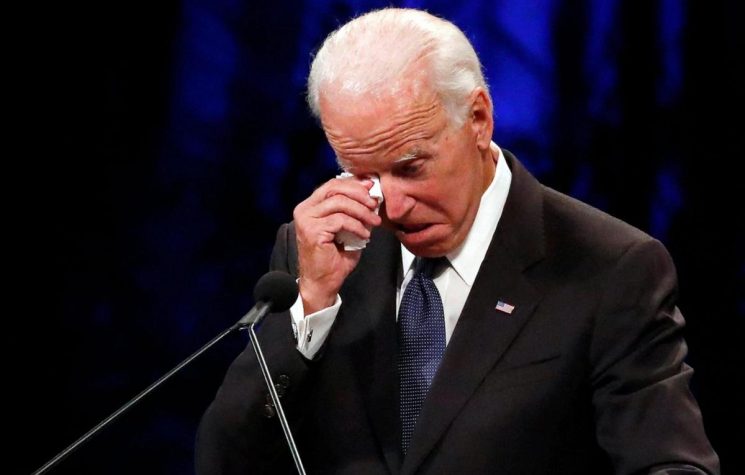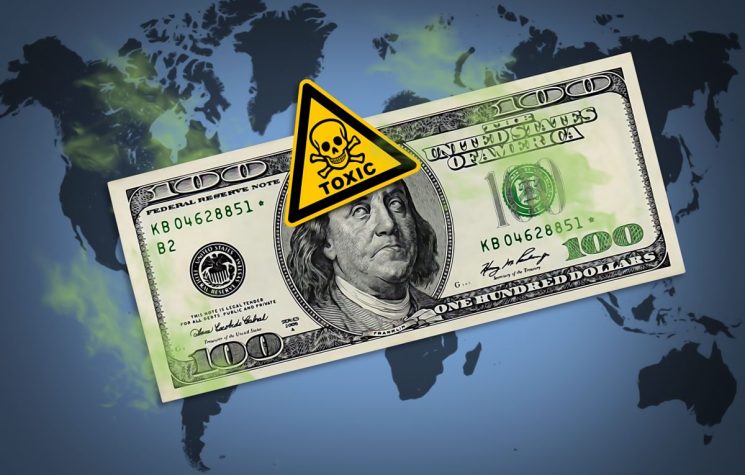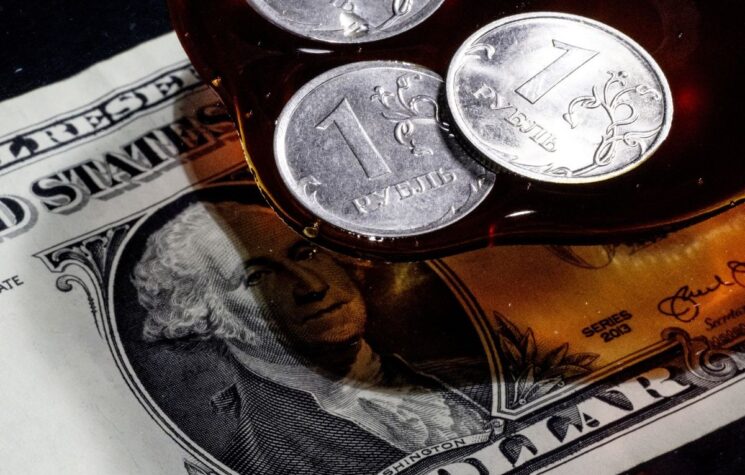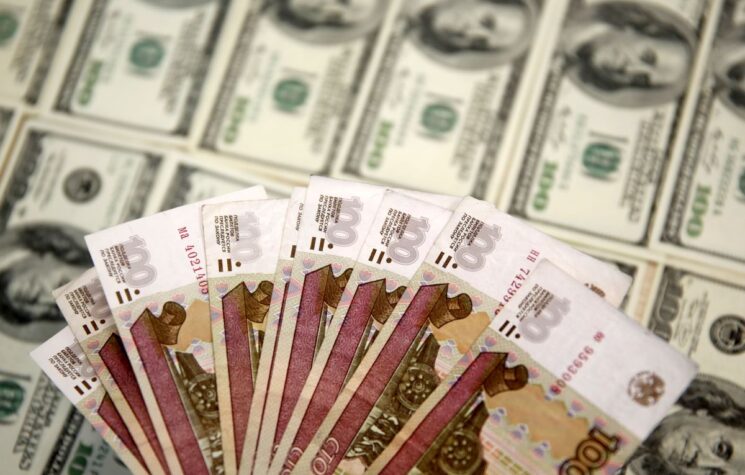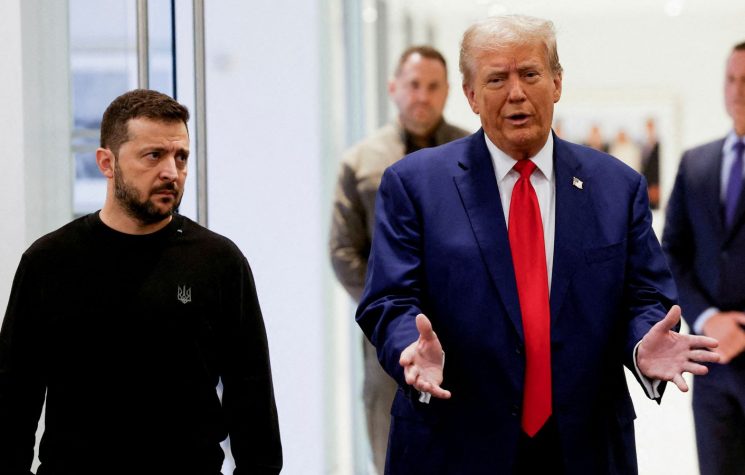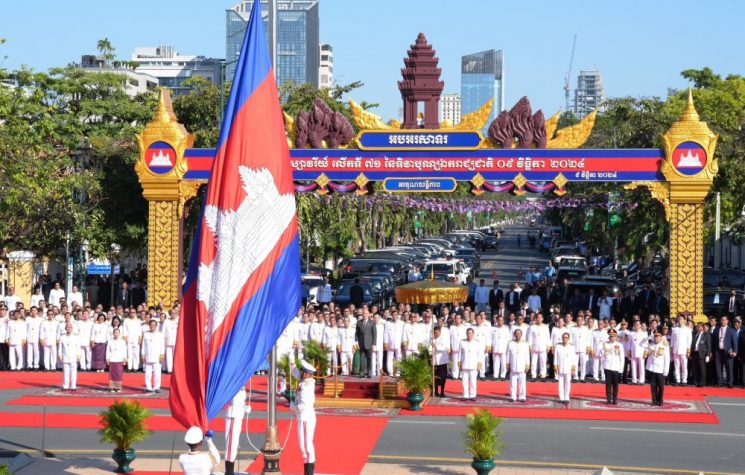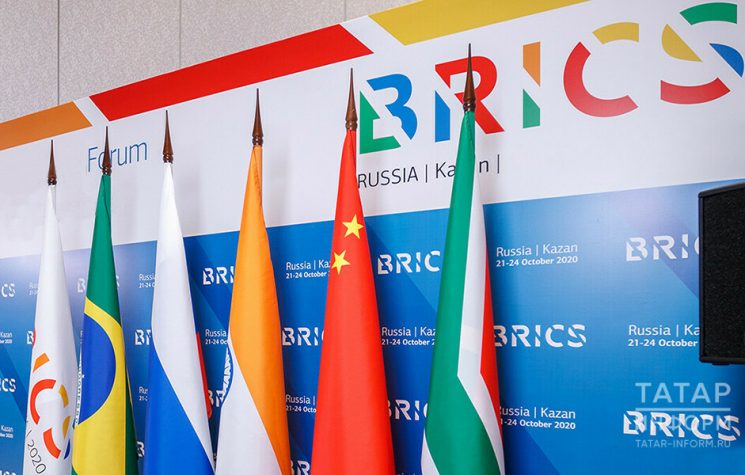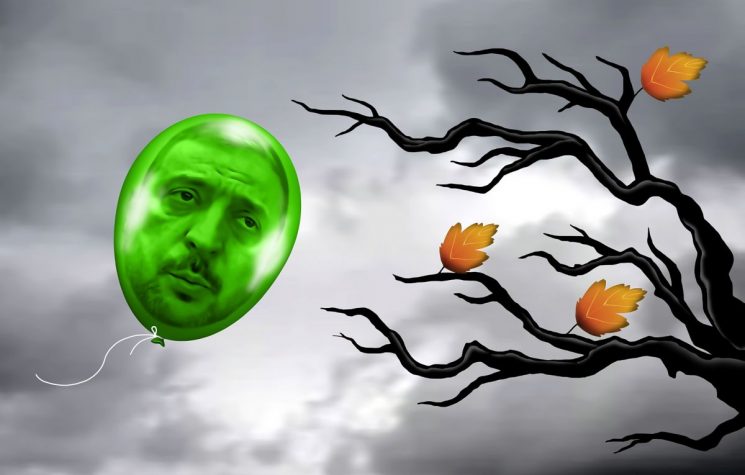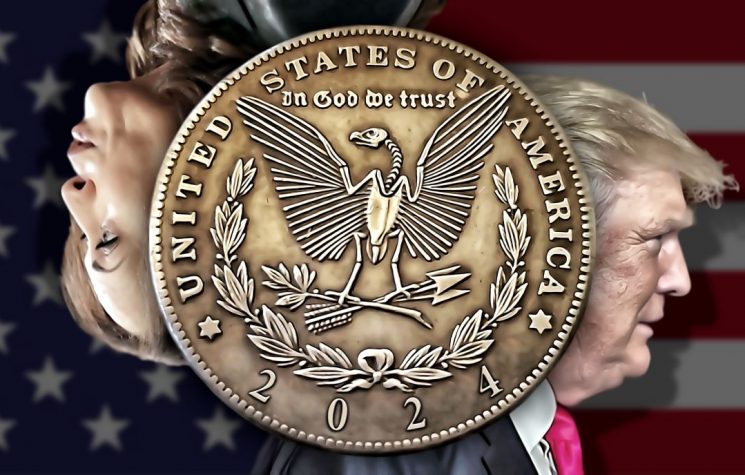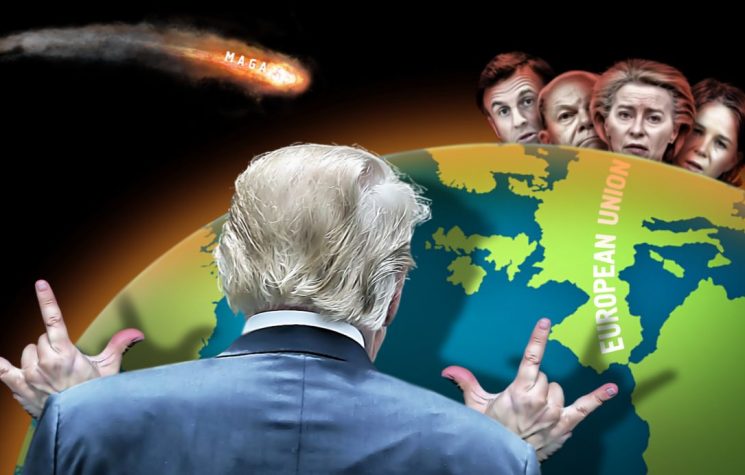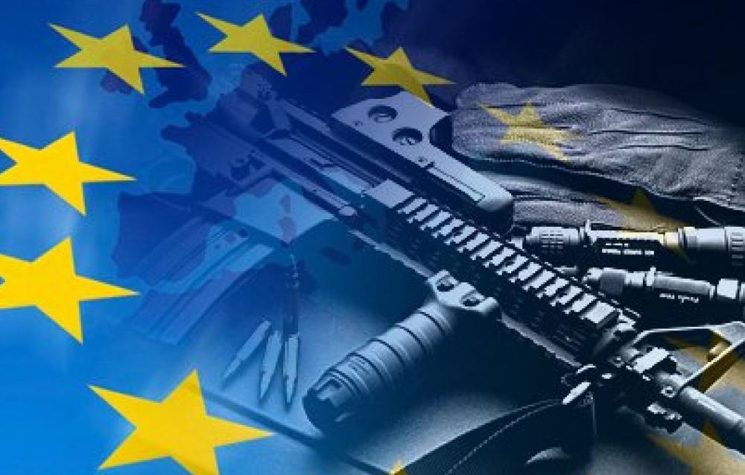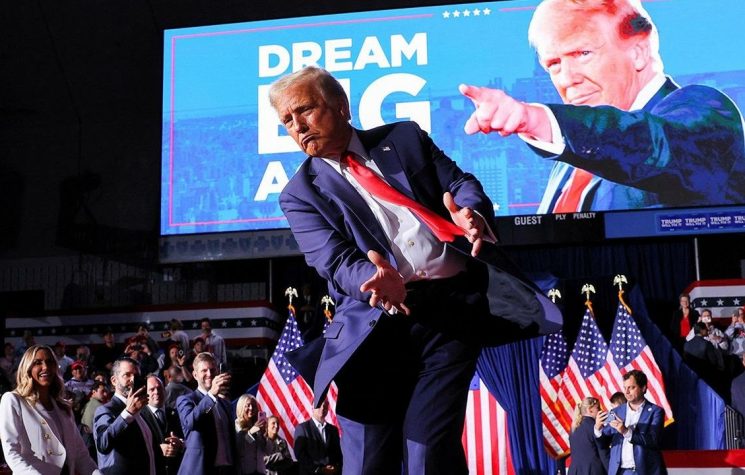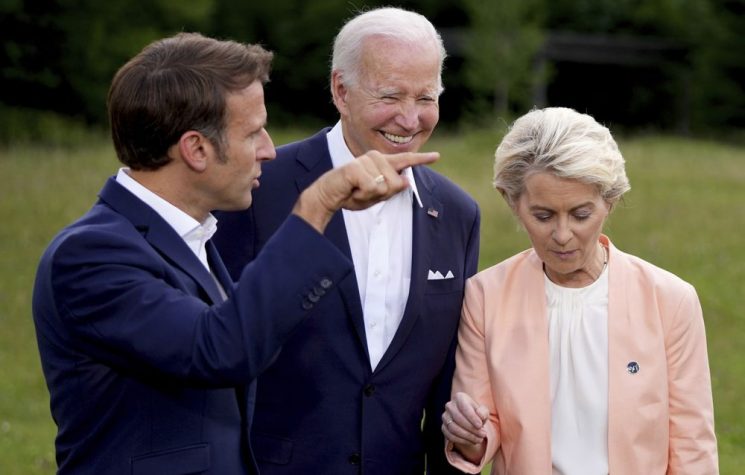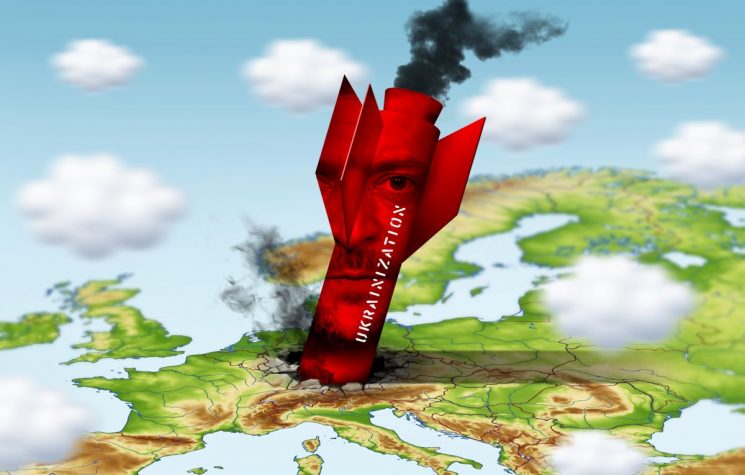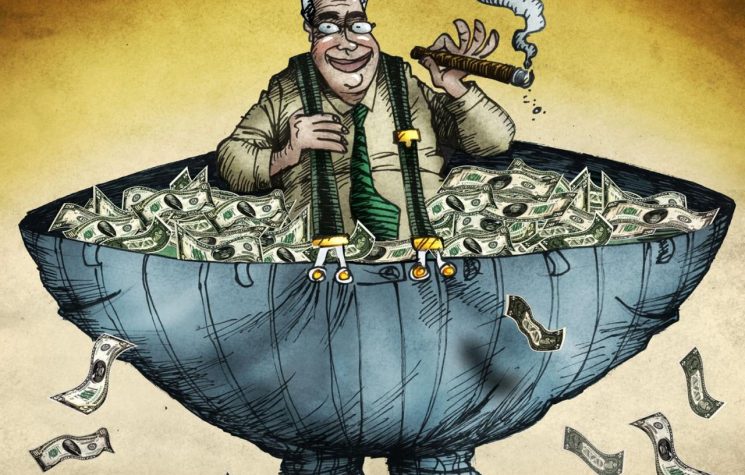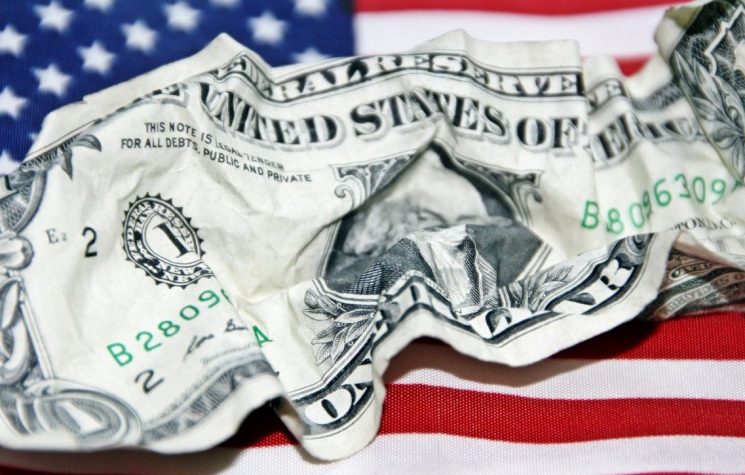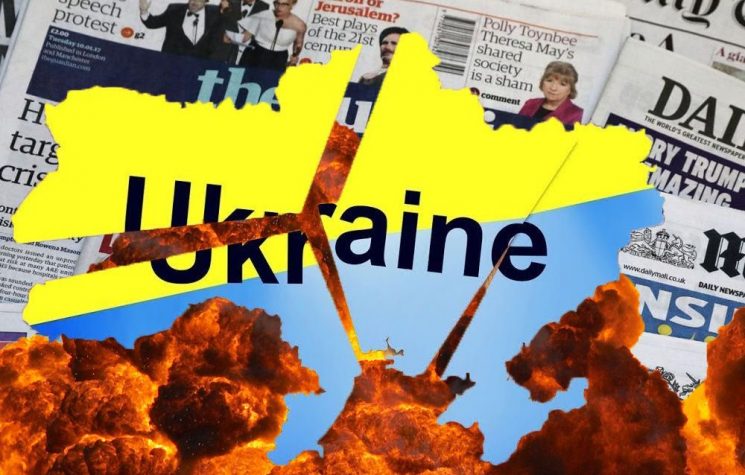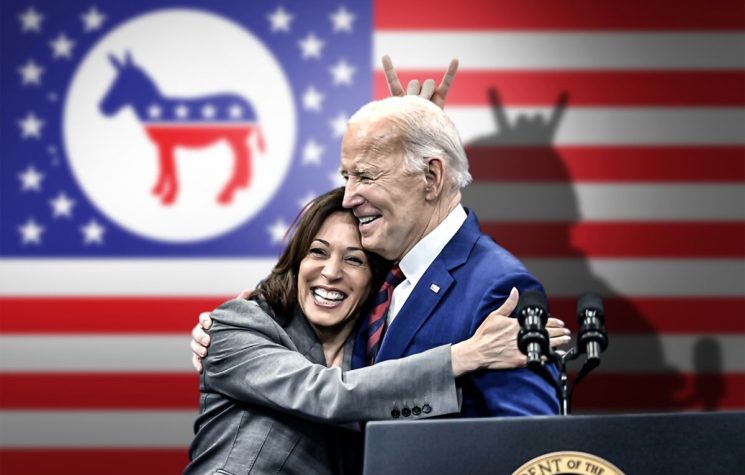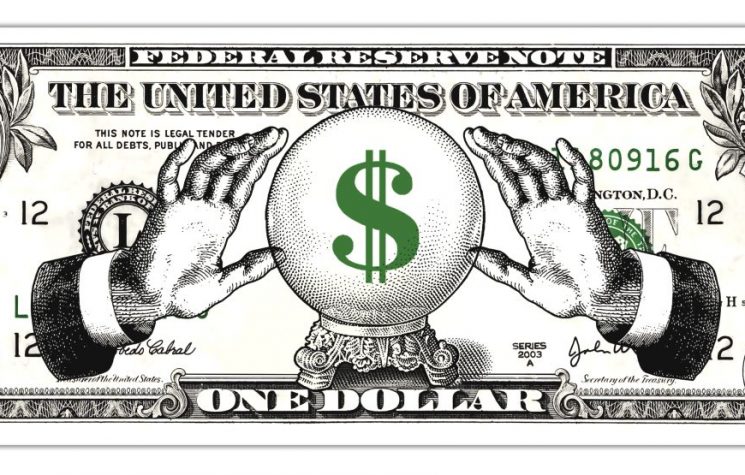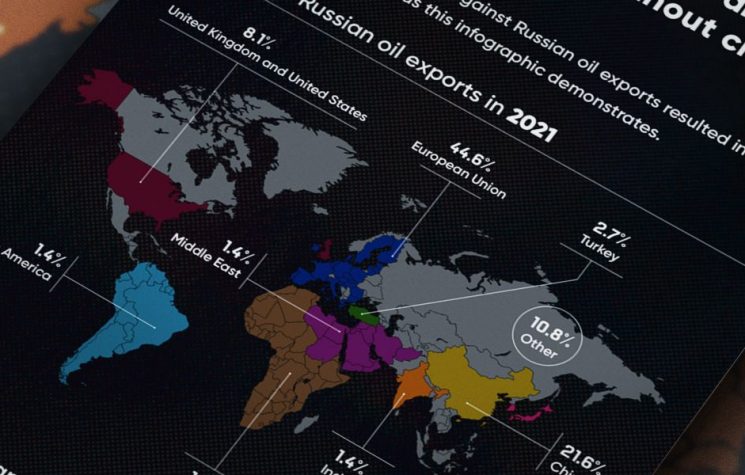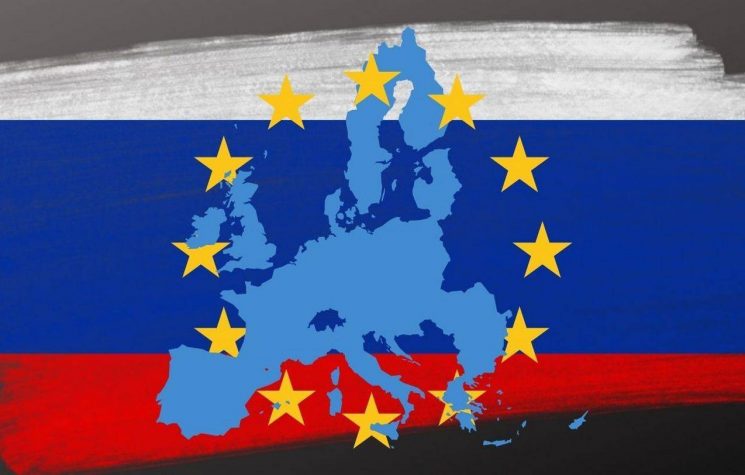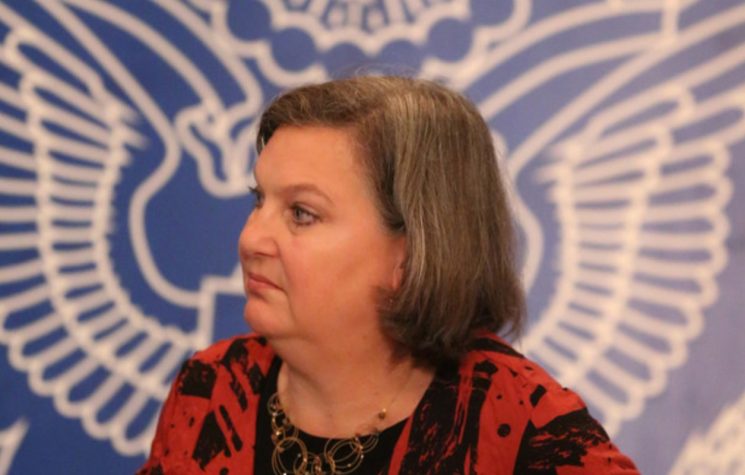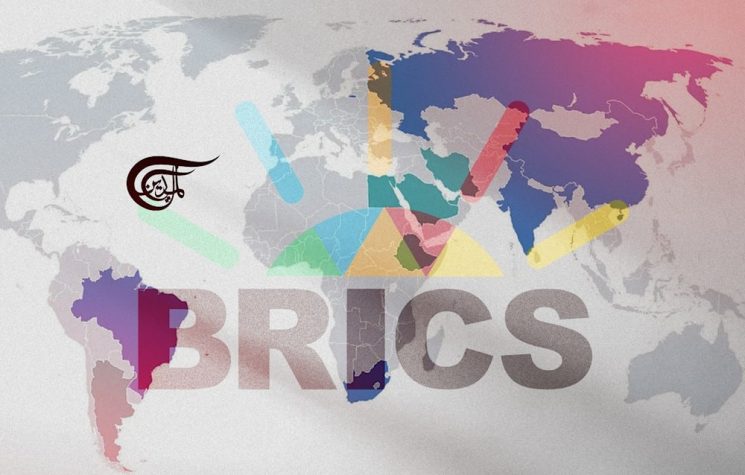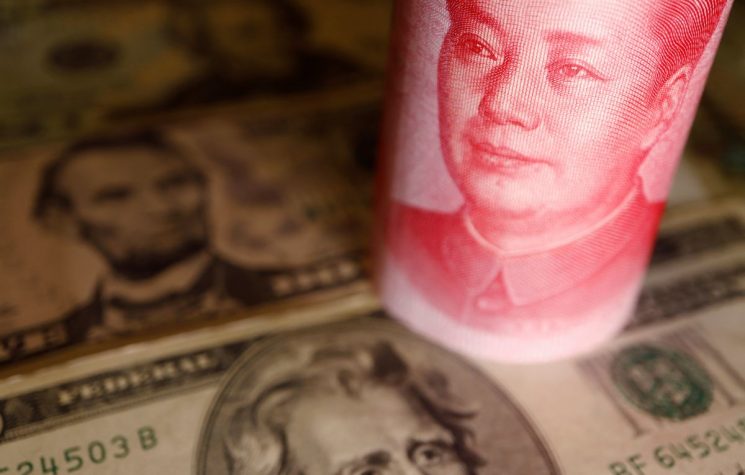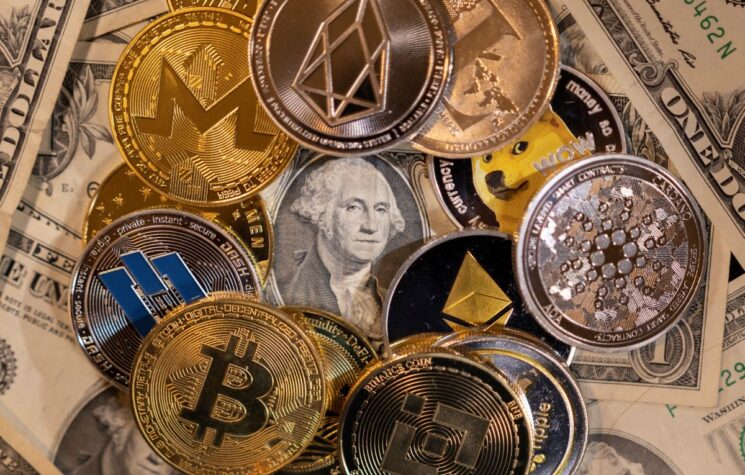As with Americas war on drugs, war on crime, war on poverty, all resources do is obscure the underlying problem and present false solutions.
It was some twenty years after the end of the Vietnam war that a security conference was held between leading military figures from both America and Vietnam. Following the conference a U.S. Air Force General approached a Vietnamese General. The American had been a fighter pilot captain during the conflict, the Vietnamese general had been a Colonel in the N.V.A. The American asked (paraphrasing): “You have to tell me, we knew your Army was continually crossing the Mekong, we flew sorties up and down the river and could never find your bridges.” “I know,” said the Vietnamese, “we built them three feet under water.”
In that instant the American understood why America lost the war. His “Road to Damascus” moment was informed by how the different combatants approached problems. Had that been an American problem, how an Army crosses a wide, deep and fast flowing river, they would have solved the problem differently. They would have built a suspension bridge, they would have had bases on either side to protect it. They would have had Bowling alleys and Burger Kings and would have been flying in Bob Hope to entertain the troops. Why? Because they could, when you have resources they become the answer to every problem. The Vietnamese didn’t have resources, so they were resourceful.
And that, as the American realized, was why the Vietnamese won, and America lost.
The general may have learned a lesson, but if he told anyone, no one listened. Many of the same mistakes were repeated in Afghanistan, with the same results. Resources are not the answer to every problem. As with Americas war on drugs, war on crime, war on poverty, all resources do is obscure the underlying problem and present false, ineffective solutions.
War, and the threat of war is America’s solution to everything. To the man with the hammer, every problem is a nail. America does indeed have a formidable war machine. However, as with all machines it requires fuel to run it, that fuel is the U.S. dollar. Since the Bretton Woods accord at the end of WWII, America has had the privilege of possessing the world’s reserve currency. This enabled America to dictate to all countries outside the Soviet bloc how the global financial system would work. The so-called “free world” was anything but free, it was handcuffed by a system that effectively exercised control over their domestic economies.
In 1973 Richard Nixon took the dollar off the gold standard, much to the chagrin of the rest of the world. Despite protests no country was in a position to do much about it. Under its proxies, the IMF and World Bank, it enslaved much of the developing world and prevented it from post-colonial development. The resentment towards America and the weaponisation of its dollar resource should not be underestimated.
Iraq had resources, mainly oil, but what should have been a blessing for the country turned into a curse. Saddam Hussein decided to break from the petrodollar system and sell his oil in other currencies, we all know how that turned out. Similarly, when Ghadafi decided to sell his oil in the newly launched gold-backed dinar, it turned out badly for him and the Libyan people too. Both countries were deliberately destroyed, Tripoli, the once vibrant capital city of Africa’s most prosperous country, now has open slave markets. None should doubt how seriously America takes the subject of the dollar. These were lessons learned by national leaders everywhere. For those curious as to why America needs 1000 foreign military bases in more than 100 countries, that’s why, so no country attempts to stray from the dollar plantation.
The trillions of foreign debt owed by America was never intended to be repaid, just rolled over indefinitely. Fair to say, most countries understand that the monies they were compelled to invest in U.S. treasuries is a sunk cost, and they are not getting it back. With every turn of the printing press the dollar further loses credibility and the asset value of their holdings diminishes further. Every country is looking for alternative ways of doing business that don’t involve the dollar. China and Russia, China and Iran and China with many of its Asian neighbours have been using reciprocal currencies for several years. This amounts to trillions in trade that the Dollar is no longer a party too. Once this is understood it can help provide a context for current events.
Russia has complete control over its central bank and minimal foreign debt. It also possesses immense gold reserves. President Putin has wisely made Russia virtually “sanction proof”. Sure, the West can sanction a few overseas oligarchs, but who cares? Not the Russian people. Removing Russia from the SWIFT payment system will result in come short-term inconvenience, but alternatives are available. Both Russia and China have developed their own interbank payment systems and are now making them available to other countries who wish to by-pass the dollar altogether.
The use of the dollar as a weapon of war has worked well for America, until now. But when a country becomes overly reliant on its resources, it becomes a “one trick pony”, see Saudi Arabia. Stripped of oil, what kind of economy would the Saudis have? They wouldn’t have one at all. America stripped of its unique resource will be in the same position.
The dollar could crash any day, the government has long known this. A government-issued digital currency is planned to replace it. That may work in America, but few countries will want to entangle themselves in another American-dominated financial system. The resource is running dry, and American leadership shows no sign of any resourcefulness.
Interesting times…








